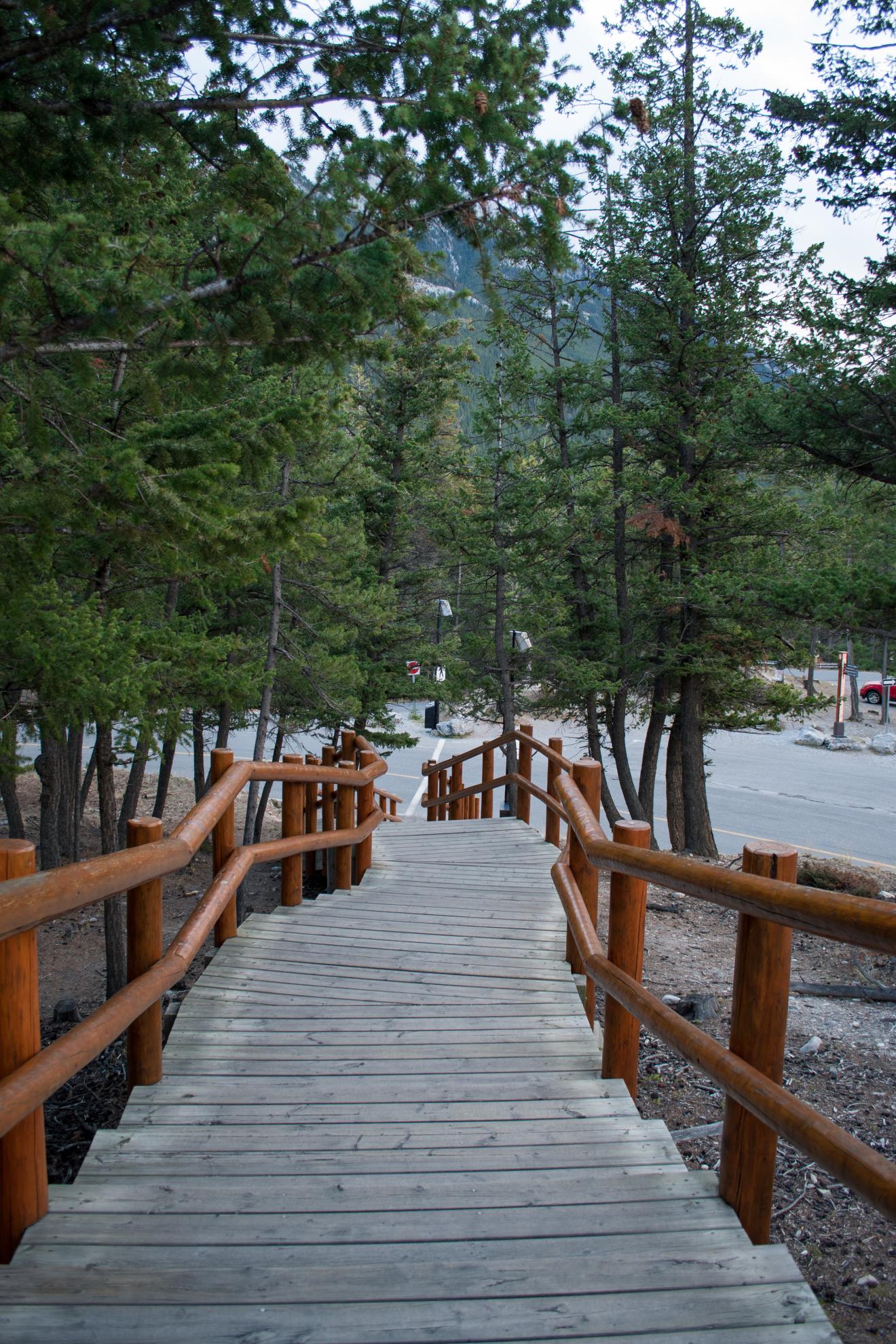March 7, 2022|ד' אדר ב' ה' אלפים תשפ"ב Pekudei 5782 - Always Be Willing to Journey On
Print ArticleIn 1990, the Dalai Lama, who had lived in Exile from Tibet since 1951, began to realize that he and his followers would likely have to spend many years in exile from their home country, and he had a concern: How does a nation maintain its identity, sustain its way of life, when they are so far from home? He knew there was one group that had expertise in this area. So, he called on a group of Jewish leaders to offer him some advice.
Why did Hashem tell us to build a mishkan? I’m not asking why build a house for Gd. That I can understand. We needed a place to direct our Avodas Hashem. But the Jewish People were supposed to make their way through the desert in a matter of months. If it wasn’t for the chet hameraglim, Am Yisrael would have entered Eretz Yisrael relatively quickly, and they could have immediately built the Beis HaMikdash. Why bother with all of the details of a temporary, moveable version before we would build the permanent one?
As we conclude Parshas Pekudei, we’re finally done. After 5 weeks, 5 parshiot describing every single detail, every single item, every single raw material which was necessary for its building, Am Yisrael had finally completed the Mishkan. And so, the last three pesukim, the last three verses, tell us how the Mishkan would function now that it was built.
And says the Torah as follows:
(לו) וּבְהֵעָלוֹת הֶעָנָן מֵעַל הַמִּשְׁכָּן יִסְעוּ בְּנֵי יִשְׂרָאֵל בְּכֹל מַסְעֵיהֶם:
When the cloud would rise up from on top of the Mishkan, the Jewish People would travel.
(לז) וְאִם לֹא יֵעָלֶה הֶעָנָן וְלֹא יִסְעוּ עַד יוֹם הֵעָלֹתוֹ:
And as long as the cloud did not rise up, but rather rested on the Mishkan, they would NOT travel.
Seems straightforward. But then the Torah adds one last pasuk:
(לח) כִּי עֲנַן יְקֹוָק עַל הַמִּשְׁכָּן יוֹמָם וְאֵשׁ תִּהְיֶה לַיְלָה בּוֹ לְעֵינֵי כָל בֵּית יִשְׂרָאֵל בְּכָל מַסְעֵיהֶם:
Because the cloud would remain on the Mishkan during the day, and the fire at night, during all their journeys!
Rashi notes that this last pasuk seems to subtly contradict that which was just stated previously. Originally, we are told that when the cloud is on the mishkan they would remain camped. But now it says that the cloud is on the mishkan “B’Chol Maseihem! During all their travels!?” And answers Rashi: It’s not a contradiction. The final pasuk is simply explaining that in general, through ALL the journeys and all the encampments the cloud would be present.
But still, notes Rashi, that the literal meaning of the text is still problematic. Because the cloud did NOT rest on the mishkan when they were journeying!?
And so he adds one more line:
מקום חנייתן אף הוא קרוי מסע
When it comes to the Jewish People, even our encampments, even when we have come to a rest, it is still called a MASA, a journey.
Rabbi Jonathan Sacks zt”l points out that these six words in Rashi are not only answering a textual anomaly. They are describing the secret to the longevity of our people. Because to be a Jew outside Eretz Yisrael, a Jew in galus, means to realize that even Makom Chaniyateinu, the places where we camp, where we settle, are mere “resting places” on our long journey home. A Jew is defined not by where we are now, but by the knowledge that even if we are here now, at some point we will be ready to pick up and move along in the next stage of our journey.
And why is the Jew defined by our ability to travel, to move, to be portable?
Because the gods of the ancient world were all gods of a particular place. The god of Moav, Edom, Egypt. In fact, this explains Pharaoh’s response to Moshe when he speaks of the God of Israel:
(ב) וַיֹּאמֶר פַּרְעֹה מִי יְקֹוָק אֲשֶׁר אֶשְׁמַע בְּקֹלוֹ לְשַׁלַּח אֶת יִשְׂרָאֵל לֹא יָדַעְתִּי אֶת יְקֹוָק וְגַם אֶת יִשְׂרָאֵל לֹא אֲשַׁלֵּחַ:
Who is this HASHEM, that I should listen to Him to send Israel to serve Him!?
Says the Rashbam: What stake could this Gd possibly have in these people while they are in MY LAND! Pharaoh doesn’t dispute the EXISTENCE of Hashem. He argues that he was already the god in this land. In which case, there’s no place for another one.
To this point, people viewed gods as specific to localities. The novelty that Am Yisrael brought to the world was that there could be ONE Gd who has no geographic boundaries. And, of course, if God can be anywhere, He can be accessed EVERYWHERE.
And this idea is not only represented by the Mishkan as a whole, but by the most important feature of the Mishkan, the Aron. All of the different keilim in the Mishkan had poles along each of their sides so they could be transported as the appropriate time. The poles would be removed when the people would camp and placed back on when it was time to go.
This was true for every kli in the mishkan, except for one: The Aron.
טו) בְּטַבְּעֹת הָאָרֹן יִהְיוּ הַבַּדִּים לֹא יָסֻרוּ מִמֶּנּוּ:
The poles would remain in the rings alongside the Aron. They are NEVER to be removed.
Why not? Explains Rav Samson Raphael Hirsch: To show that the Torah would never be limited to any one place. Wherever Am Yisrael would go, the Torah would go with us. And so, it was. After we were exiled from Eretz Yisrael, wherever we would go as a people, as long as we took the Torah with us, we would survive and we would thrive. A Jewish People who would know how to travel and to be ready to take the Torah with them wherever they would go would never be lost.
Why did Hashem command Am Yisrael to build a Mishkan first, even with the prospects of a more permanent Beis HaMikdash in theory right on the horizon? Because the lesson of the mishkan and the Aron within it, the lesson that we will always be a people who are able to journey, would be the secret to our survival and to our success for our entire history.
And if this is the lesson Rashi is teaching us on a National Level, I believe there is also a lesson here on a personal level. Because there is another vital lesson from the words of Rashi:
מקום חנייתן אף הוא קרוי מסע
Even when we have arrived, we must remember that we are ALWAYS on a journey. In the long journey that is our Avodas Hashem, or path towards self-improvement and connection with Hashem, we are never done.
We should never feel down if we haven’t yet reached our “destination” and we should also never feel we have arrived and have nothing left to accomplish. Because the goal of life is not to reach the destination but to always be willing to journey on.




